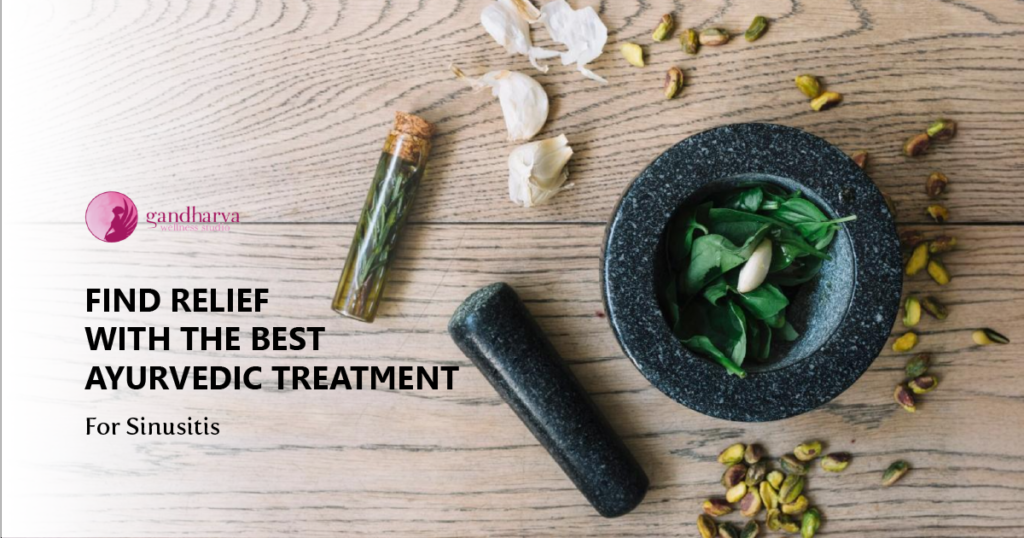
Understanding Sinusitis
Definition and types of sinusitis
- Sinusitis is a common condition that affects millions of people worldwide, characterized by inflammation or swelling of the mucosa of the sinuses.
- There are four types of sinusitis: acute, subacute, chronic, and recurrent.
- Sinusitis can be caused by a viral or bacterial infection, allergens, pollutants, and anatomical abnormalities of the nasal cavity.
Symptoms and impact on daily life
- The symptoms of sinusitis can vary between individuals, but common symptoms include a blocked nose, nasal discharge, facial pain, and headache.
- Sinusitis can significantly impact daily life, causing discomfort, pain, and difficulty breathing.
Causes and Triggers of Sinusitis
Viruses, bacteria, and pollutants
- Sinusitis can be caused by a viral or bacterial infection, which can be triggered by an upper respiratory tract infection.
- Pollutants, allergens, and irritants in the air can also contribute to sinusitis.
Other factors contributing to sinusitis
- Anatomical abnormalities of the nasal cavity, such as a deviated septum or nasal polyps, can increase the risk of developing sinusitis.
- Weakened immunity, hormonal changes, and certain medical conditions can also contribute to sinusitis.
Ayurvedic Perspective on Sinusitis
The Ayurvedic explanation of sinusitis
- According to Ayurvedic principles, sinusitis is caused by an imbalance in the Pitta and Kapha dosha, which leads to the accumulation of mucus and inflammation in the sinuses.
Understanding the doshas and their role in sinusitis
- The Kapha dosha is responsible for the production of mucus, which can become excessive and lead to sinusitis.
- The Pitta dosha is responsible for the inflammation and heat in the body, which can exacerbate sinusitis.
Treatment for Sinusitis: Ayurvedic Approach
Nasya: nasal cleansing and medication
- Nasya is a popular Ayurvedic treatment for sinusitis, which involves the administration of medicated oils or herbal preparations through the nasal passages.
- Nasya can help to clear the nasal passages, reduce inflammation, and promote healing.
Dhumapana with Haridra churnam: smoking therapy
- Dhumapana is a smoking therapy that involves inhaling the smoke of certain herbs, such as Haridra churnam, to help clear the nasal passages and reduce inflammation.
Nasal steam inhalation: relieving congestion
- Nasal steam inhalation is a simple and effective way to relieve congestion and open up the sinuses.
- Adding herbs such as eucalyptus or menthol to the steam can enhance its benefits.
Effective Home Remedies and Lifestyle Changes
Yoga and meditation: stress relief and relaxation
- Yoga and meditation can help to reduce stress and promote relaxation, which can help to alleviate symptoms of sinusitis.
- Certain yoga poses, such as Simhasana and Paschimotanasana, can help to improve nasal congestion and promote drainage.
Jala Neti (nasal rinsing): cleansing the nasal passages
- Jala Neti is a simple and effective way to cleanse the nasal passages and promote drainage.
- Rinsing the nasal passages with a saline solution can help to remove mucus and debris.
Dietary recommendations and hydration
- A healthy diet that is rich in fruits, vegetables, and whole grains can help to promote healing and reduce inflammation.
- Staying hydrated by drinking plenty of water can help to thin out mucus and promote drainage.
Ayurvedic Medicines and Herbs for Sinusitis
Anu Thailam: medicated oil for nasal application
- Anu Thailam is a medicated oil that can be applied to the nasal passages to help clear congestion and reduce inflammation.
Turmeric (Haldi): anti-inflammatory properties
- Turmeric has anti-inflammatory properties that can help to reduce inflammation and promote healing.
- Mixing turmeric with hot water or milk can help to relieve sinus congestion and promote drainage.
Other herbal remedies for sinusitis
- Other herbal remedies, such as ginger, basil, and cloves, can help to reduce inflammation, promote drainage, and alleviate symptoms of sinusitis.
Managing Sinus Problems with Ayurveda
Importance of stress management and relaxation
- Stress management and relaxation are essential for managing sinus problems.
- Yoga, meditation, and deep breathing exercises can help to reduce stress and promote relaxation.
Exercise and sleep: their role in sinus health
- Regular exercise can help to promote drainage and reduce inflammation.
- Getting enough sleep is essential for promoting healing and reducing inflammation.
Ayurvedic lifestyle changes for effective management
- Making Ayurvedic lifestyle changes, such as avoiding cold and damp environments, can help to manage sinus problems.
- Following a healthy diet and staying hydrated can also help to promote healing and reduce inflammation.
Conclusion
Recap of the best ayurvedic treatment for sinusitis
- The best Ayurvedic treatment for sinusitis involves a combination of nasal cleansing, medication, and lifestyle changes.
- Nasya, Dhumapana, and nasal steam inhalation can help to clear congestion and reduce inflammation.
Importance of consulting a healthcare professional
- It is essential to consult a healthcare professional before starting any Ayurvedic treatment for sinusitis.
- A healthcare professional can help to diagnose the underlying cause of sinusitis and recommend the best course of treatment.
